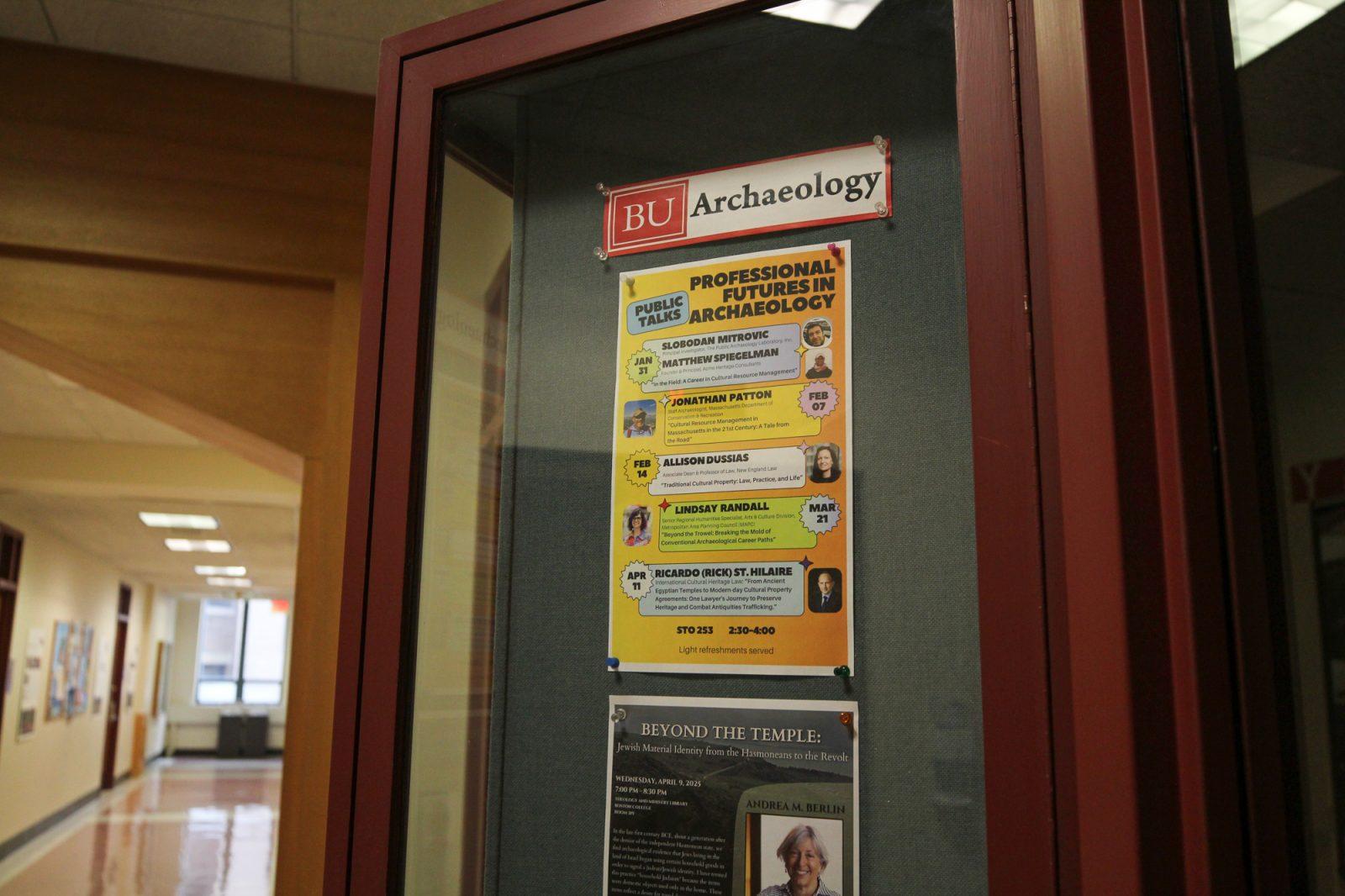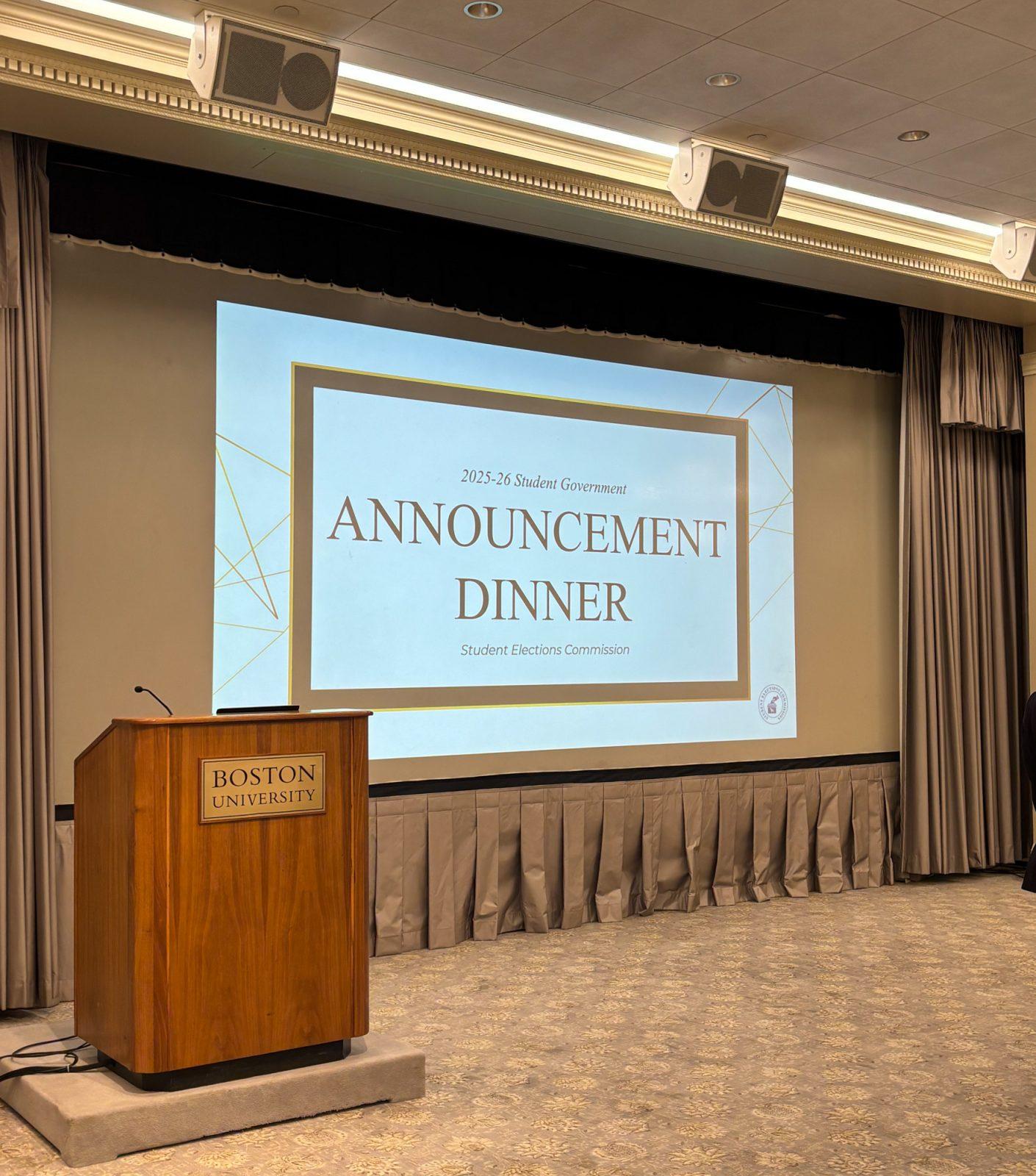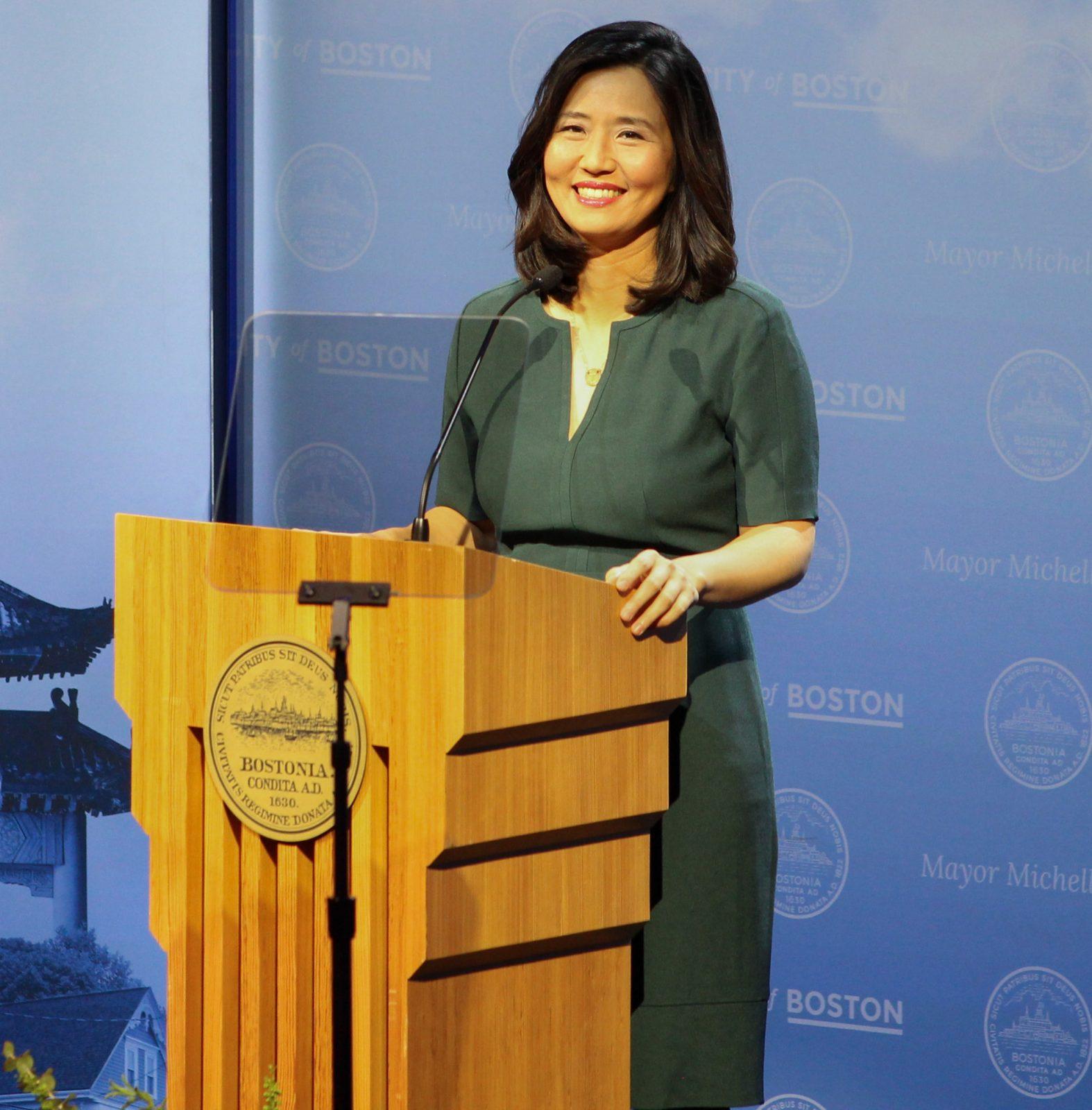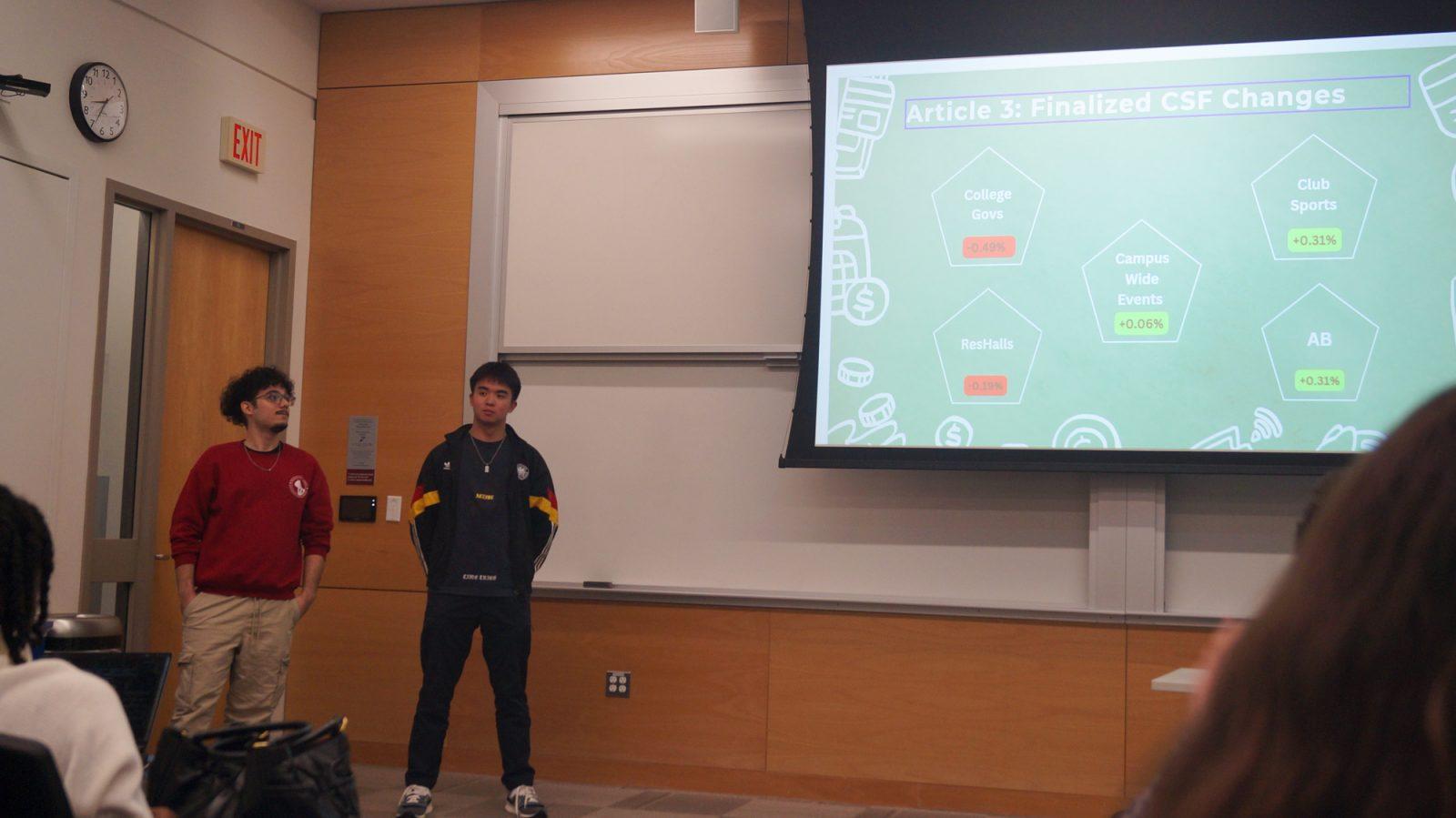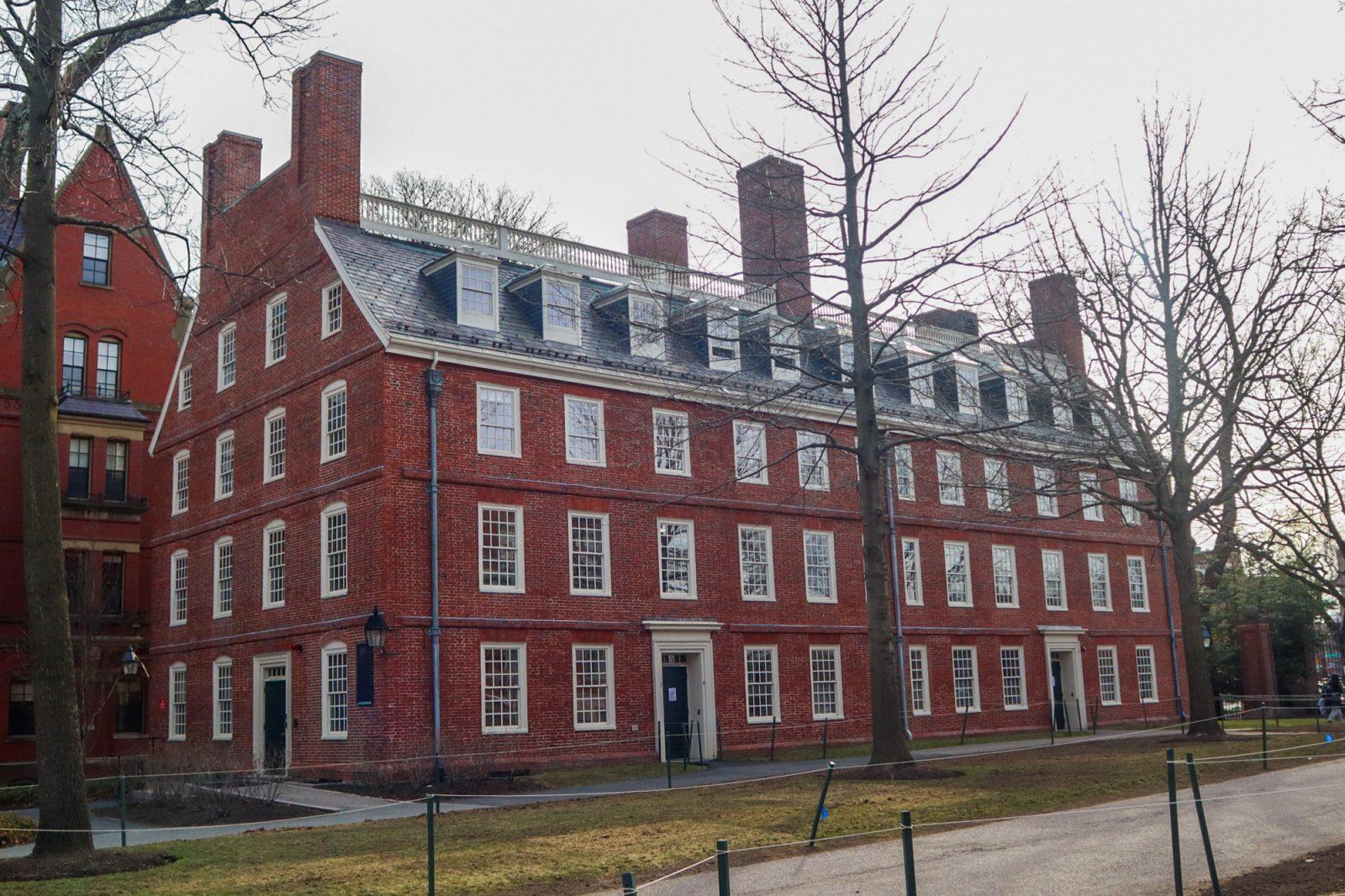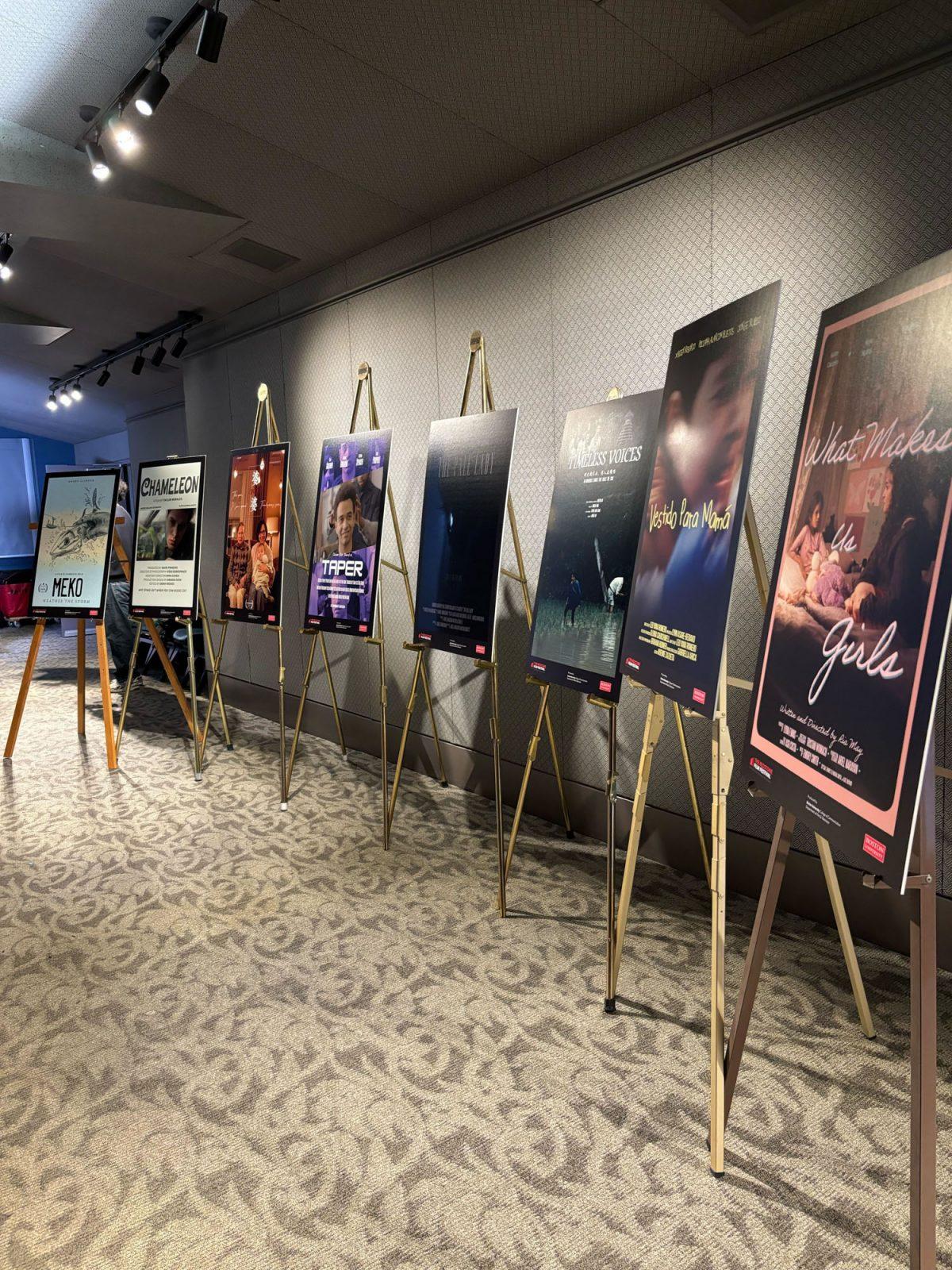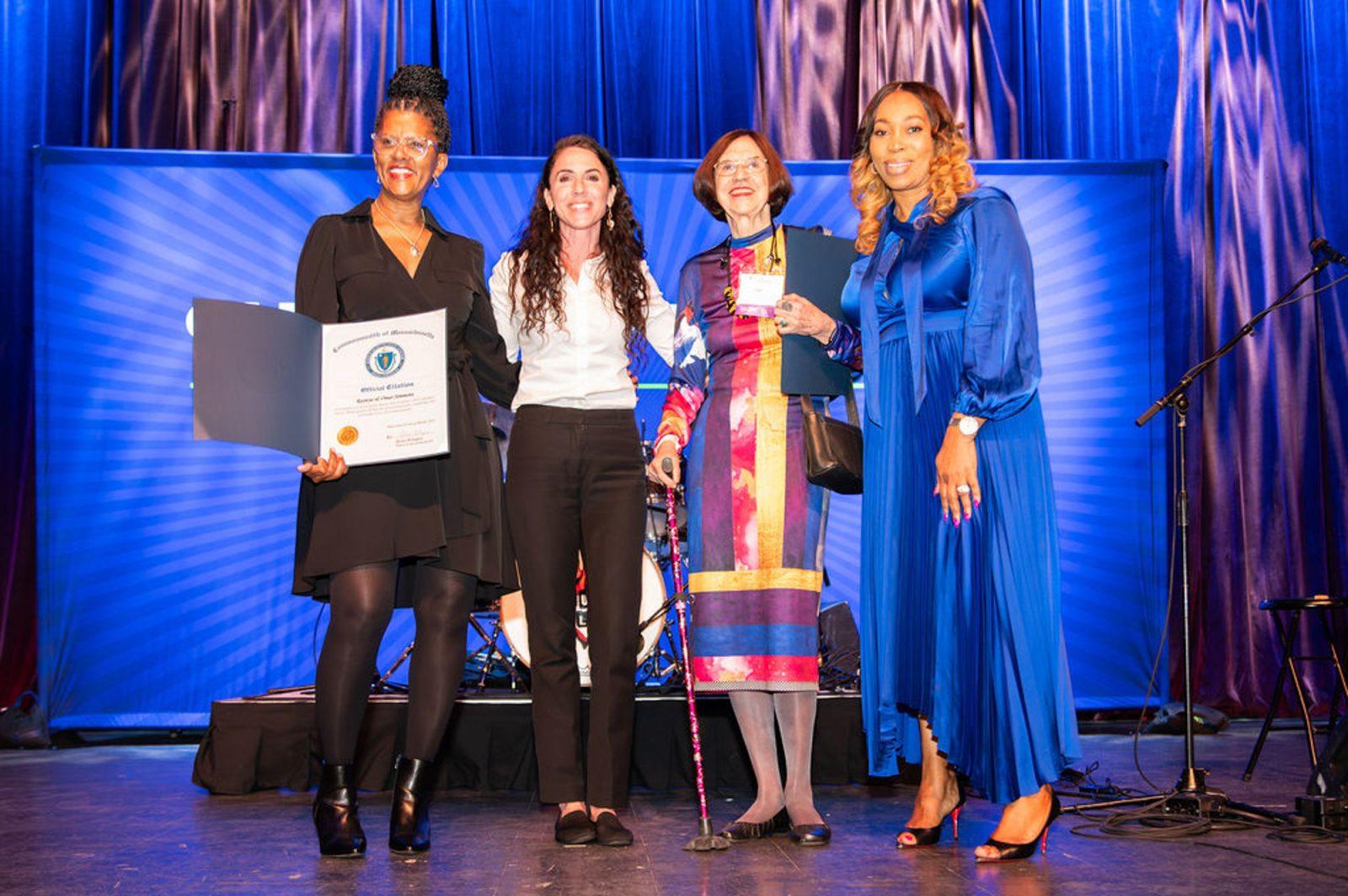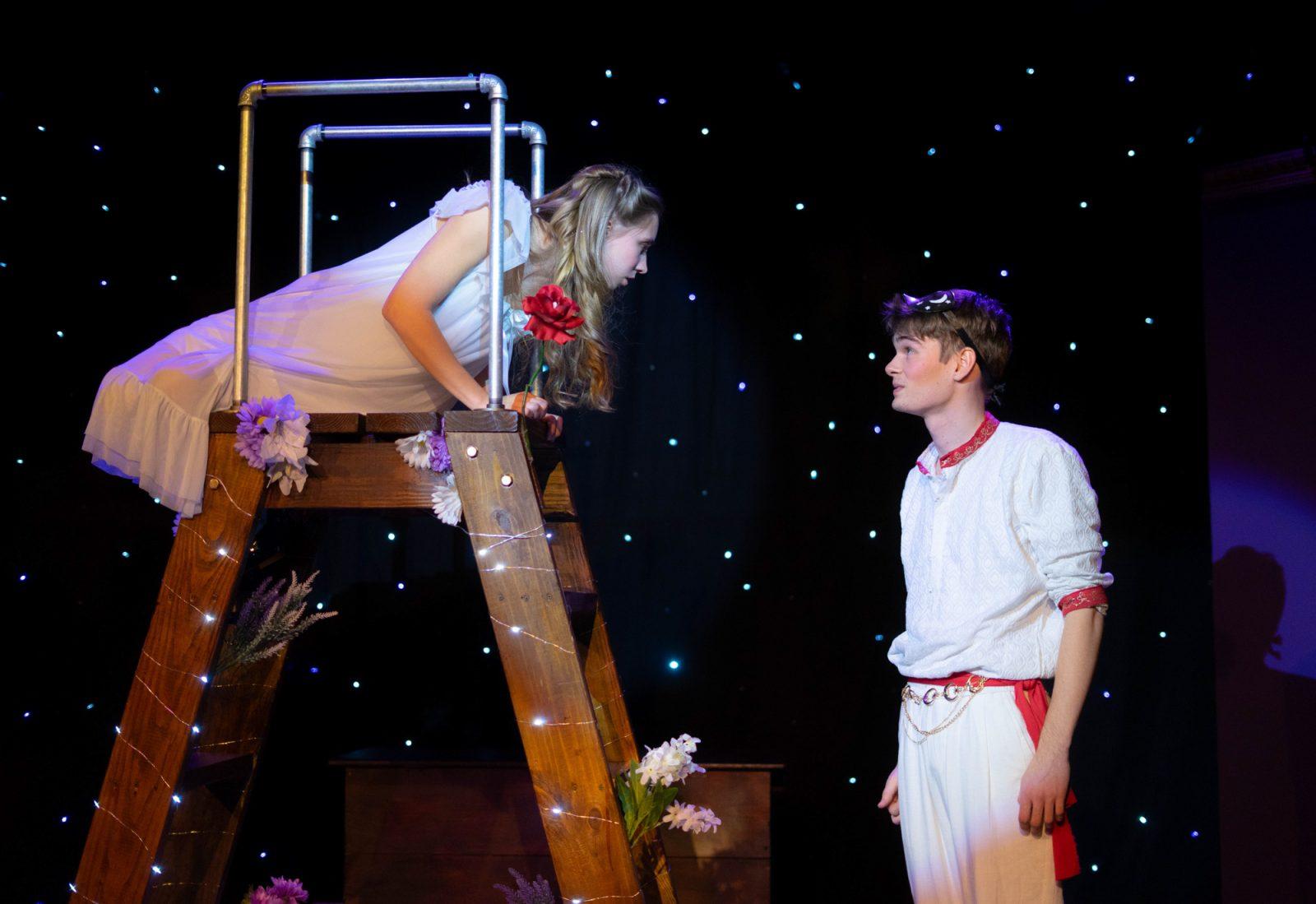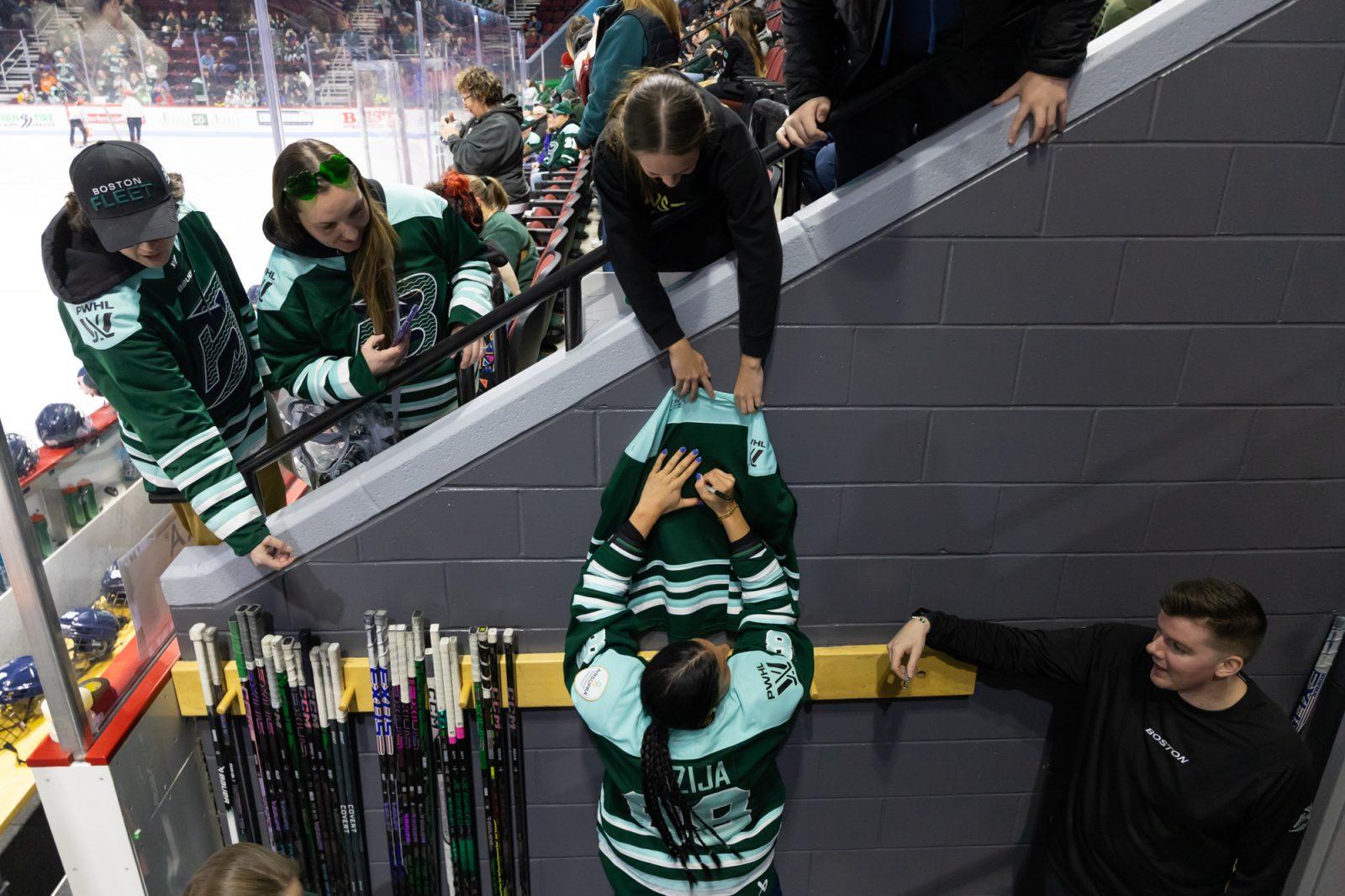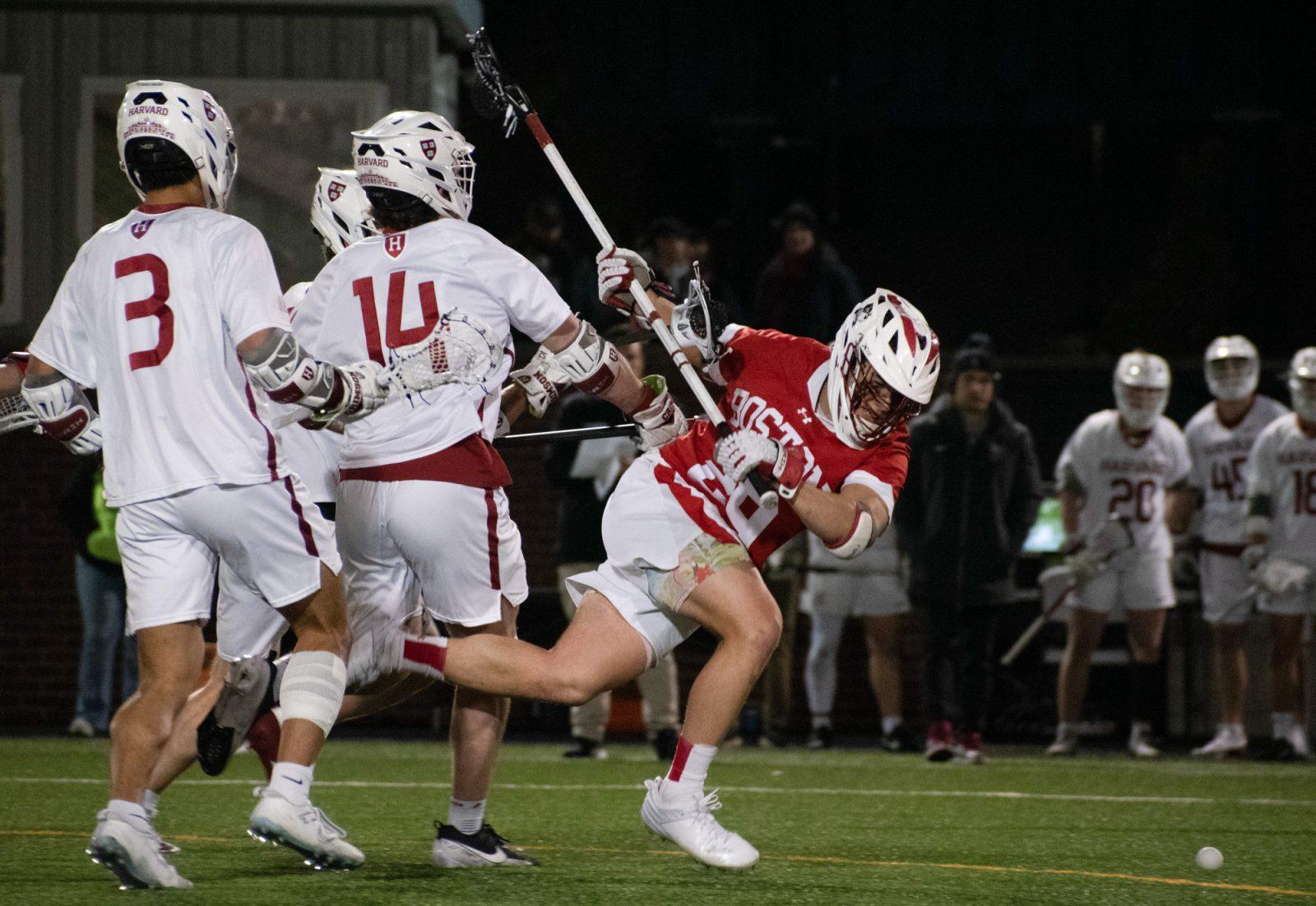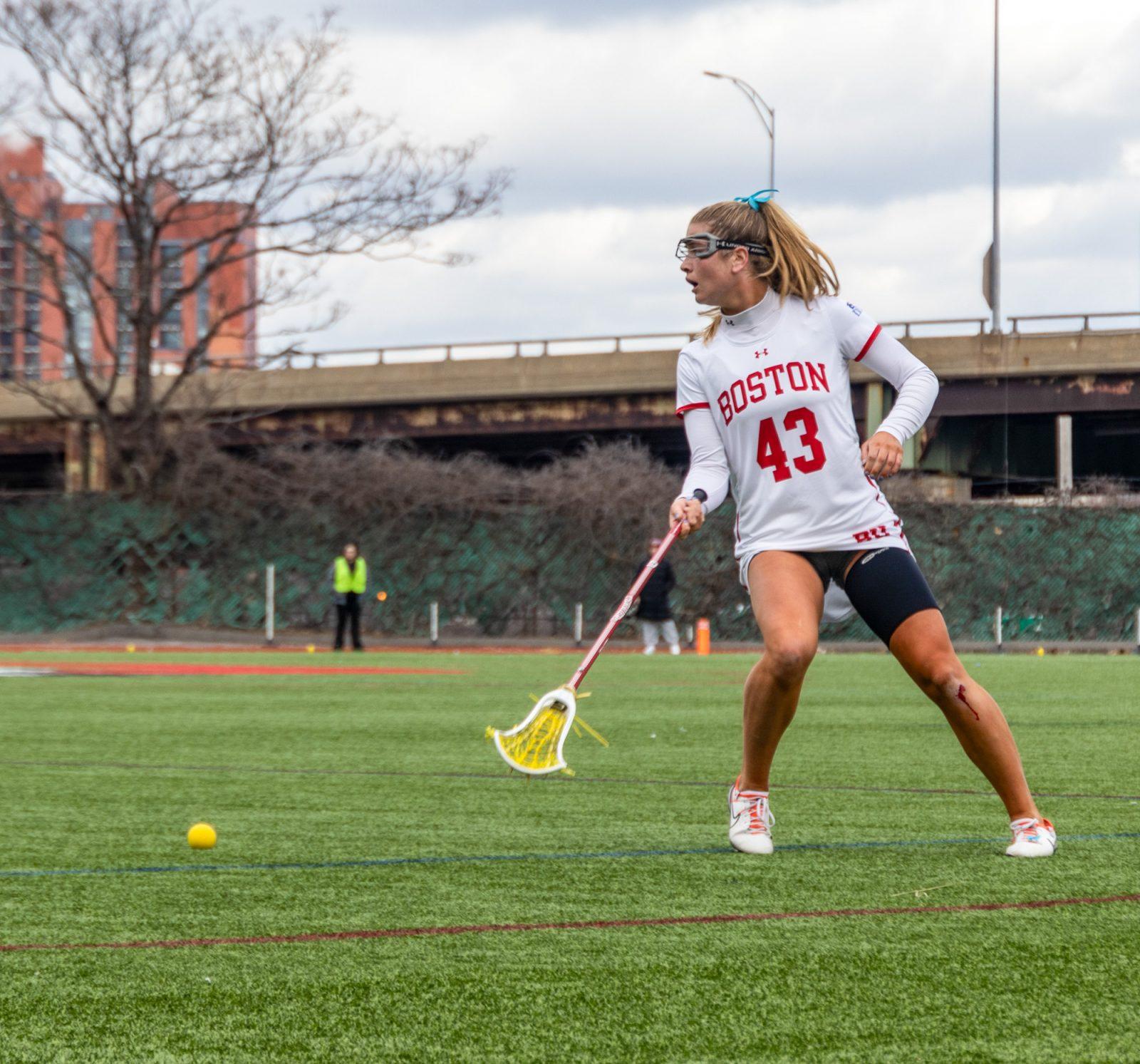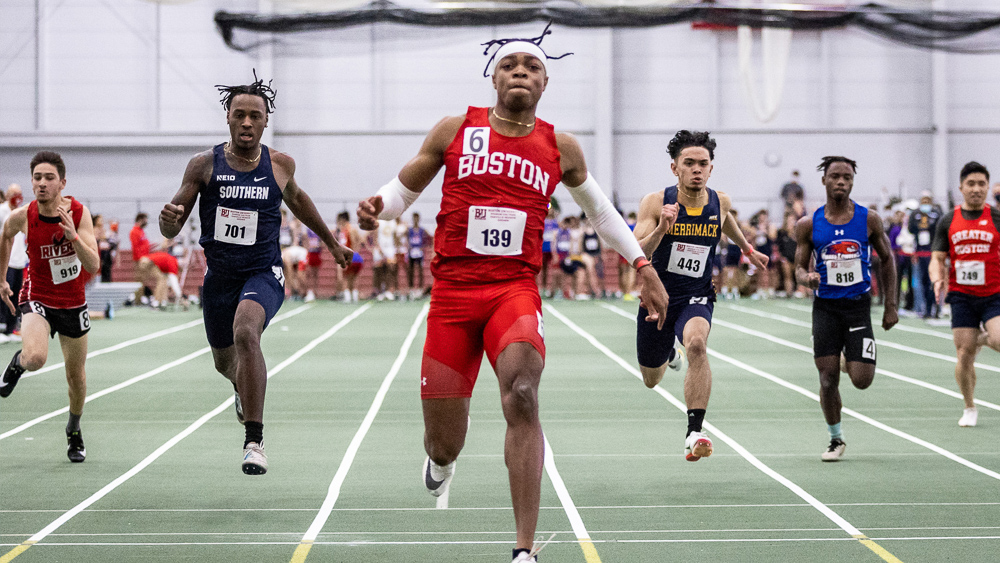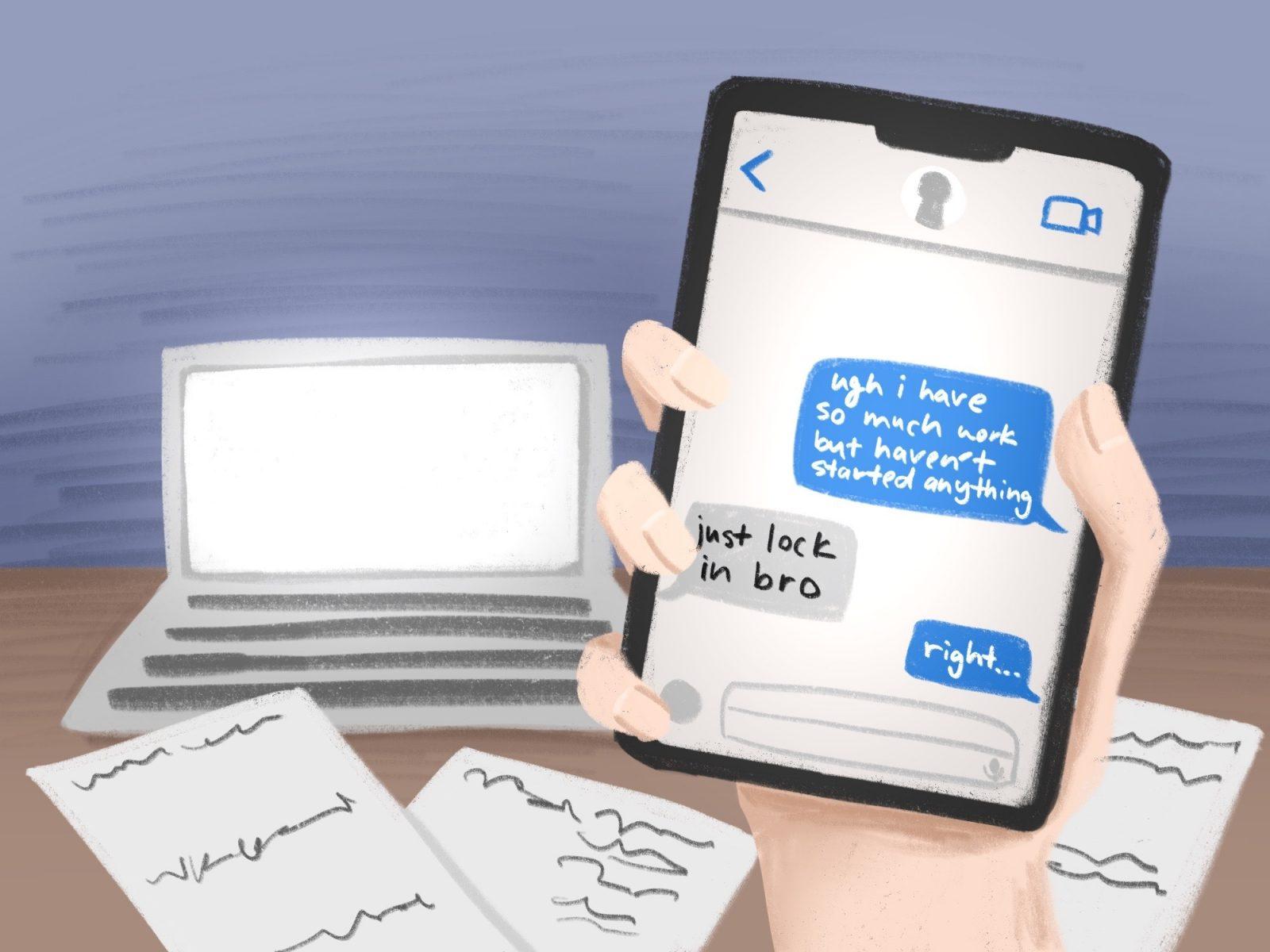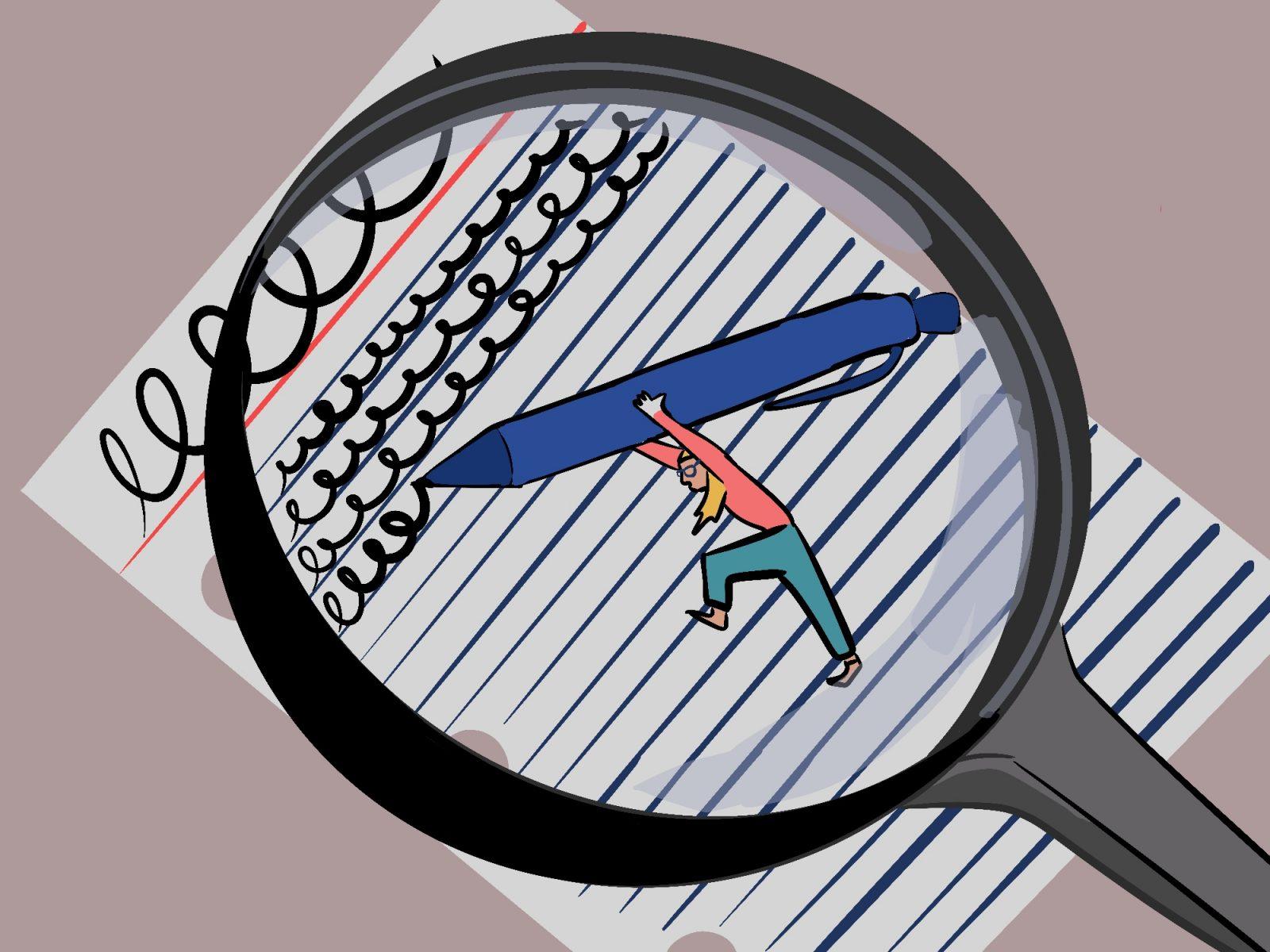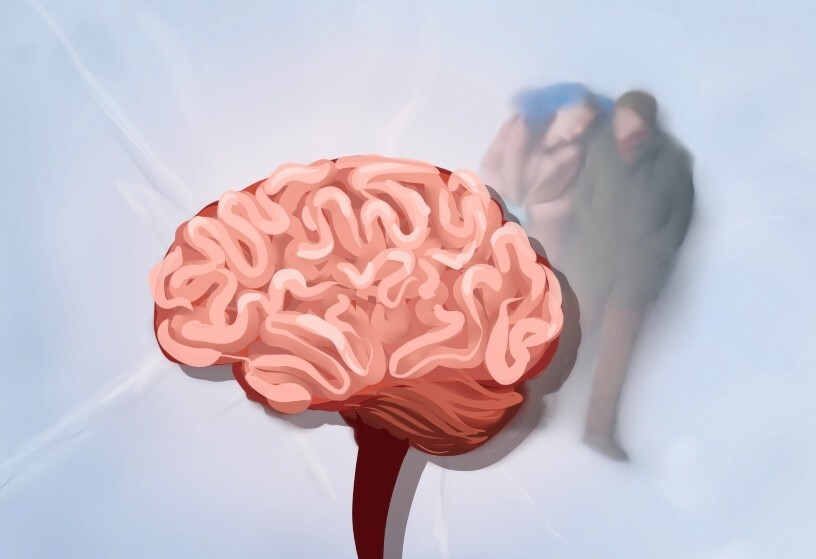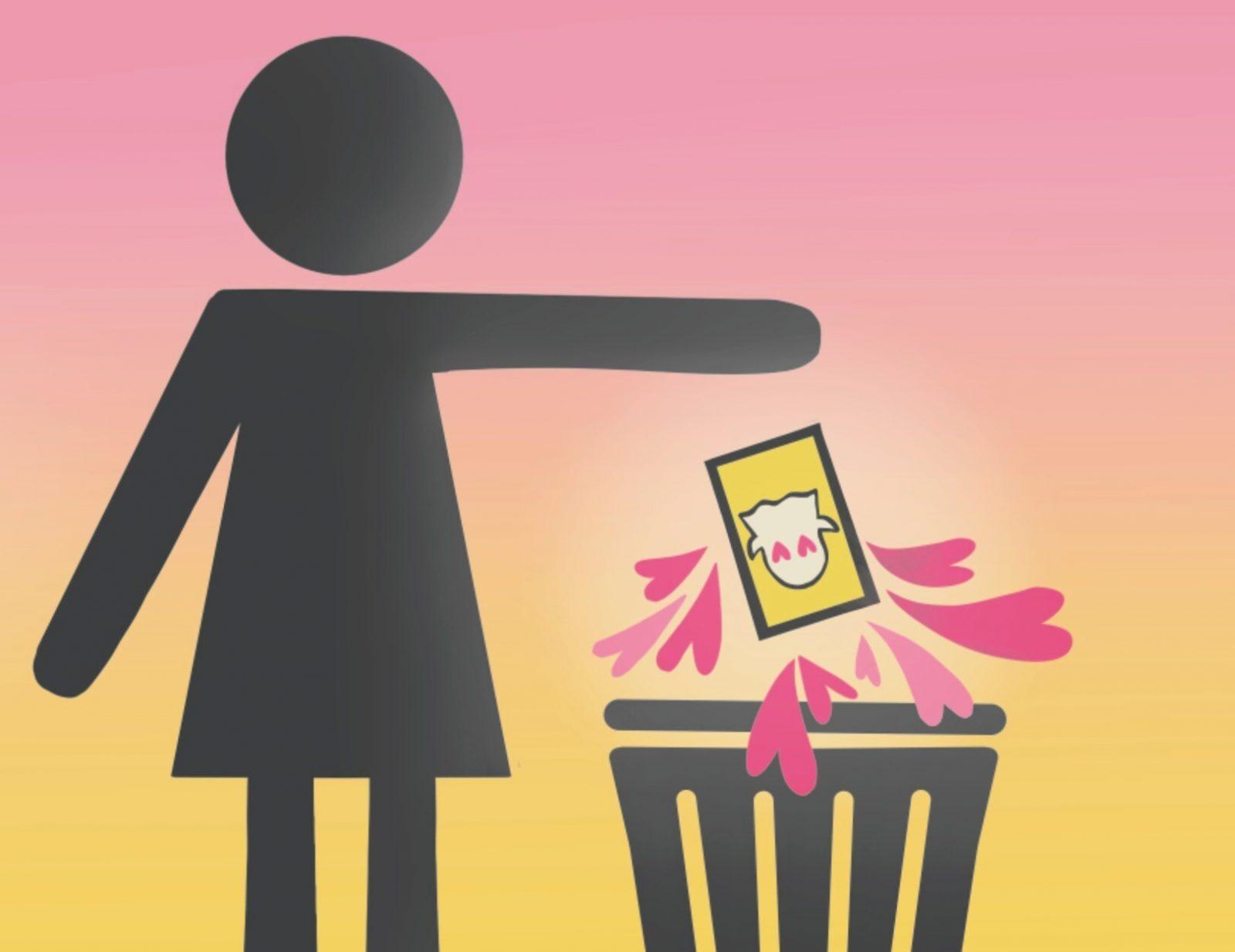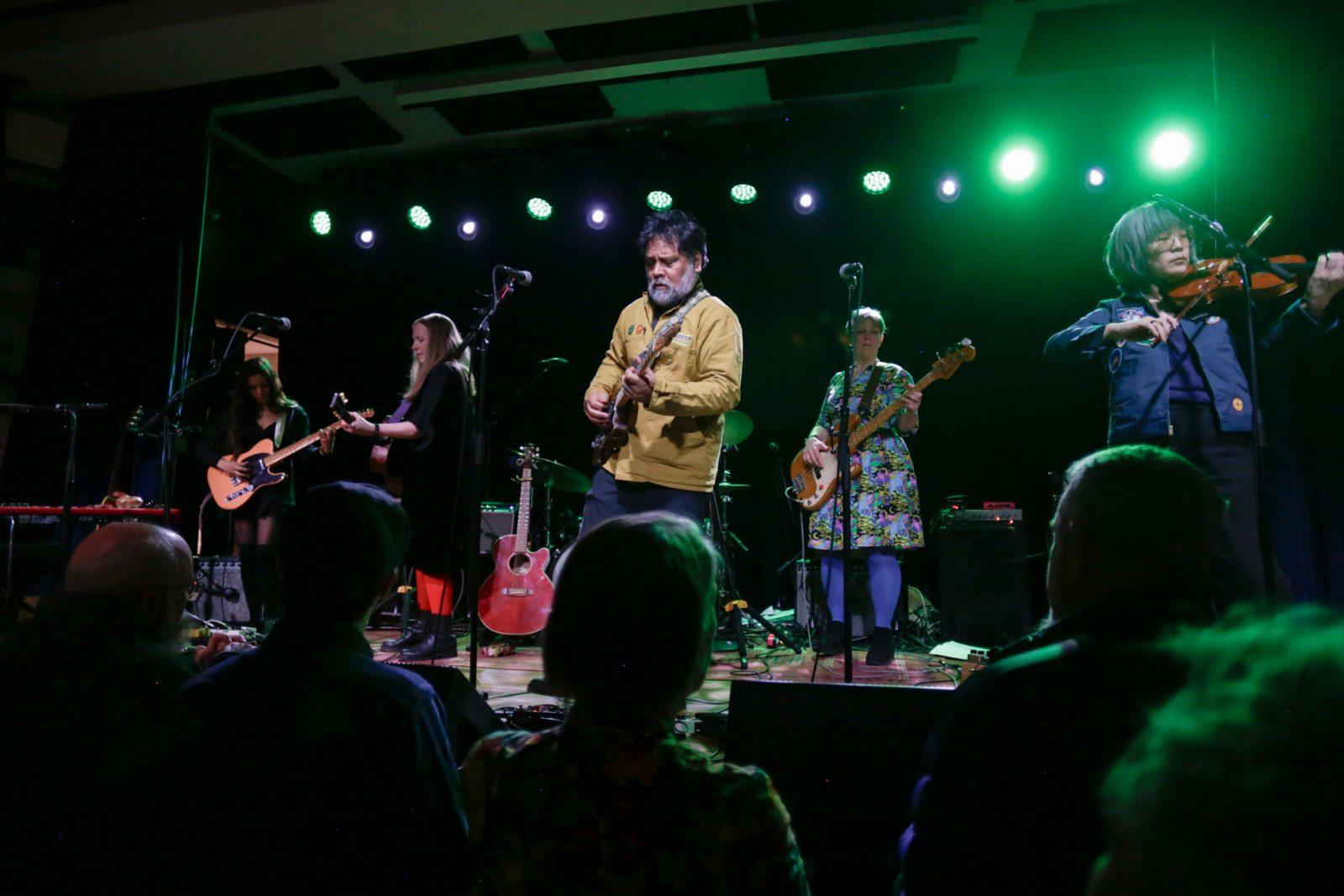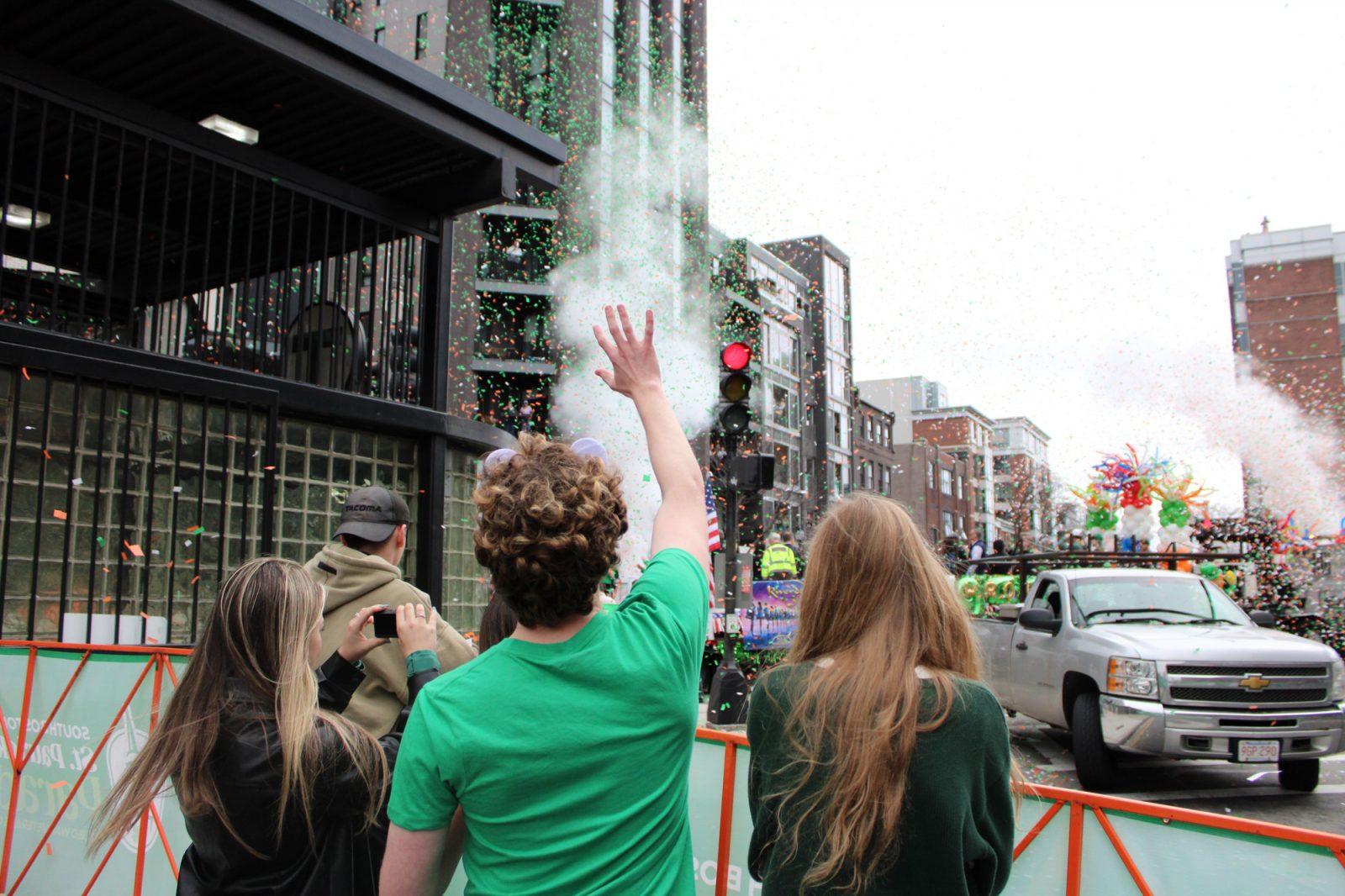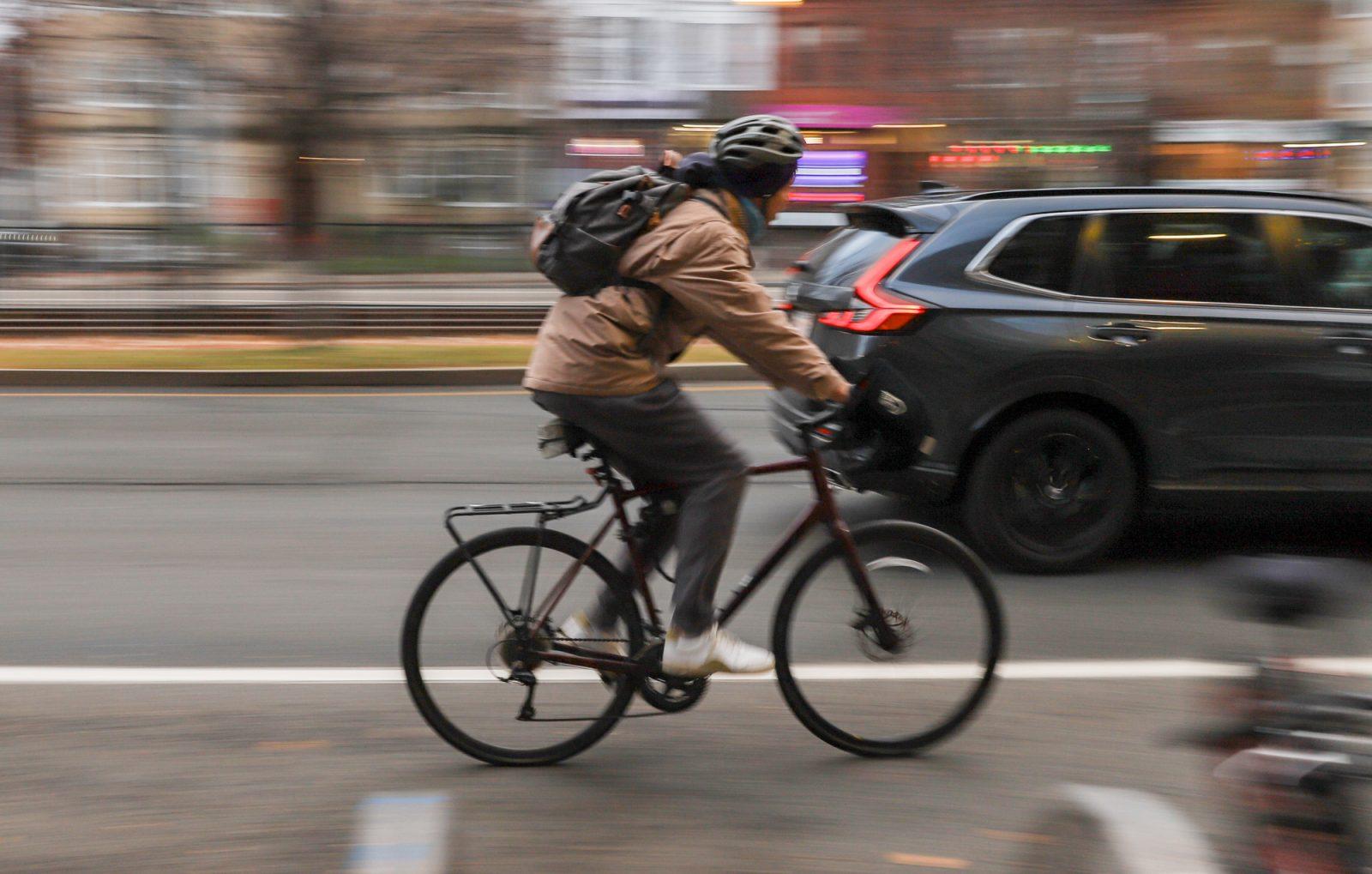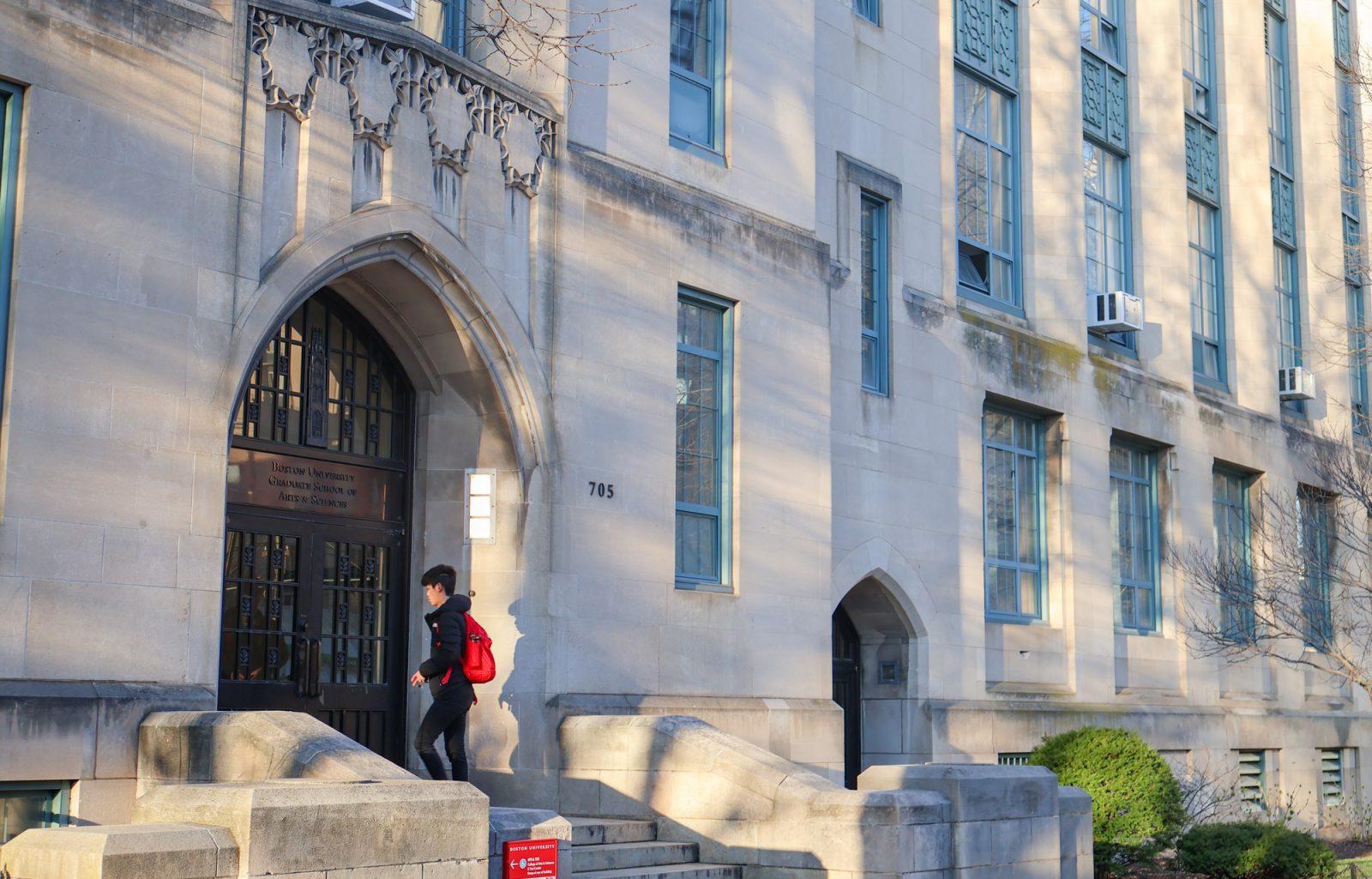People who start drinking heavily at an early age are more likely to engage in unplanned and unsafe sex in college than those beginning later in life, according to a recent Boston University School of Public Health survey.
According to the study, conducted by BU professors Ralph Hingson, Timothy Heeren and Michael R. Winter and professor Henry Wechsler, college students who got drunk for the first time before turning 13 are twice as likely to have unplanned sex after drinking than those who didn’t start drinking until after age 19. Drinkers starting early in life tend to also be more than twice as likely to have unprotected sex because of drinking, the study says.
‘There are a lot of things that may relate the age that people start drinking and getting drunk,’ Hingson said. ‘Lots of things come into play such as age, gender, grade and even use of other drugs.’
More than 11,700 full-time, four-year college students selected from 128 random United States colleges and universities participated in the survey, which asked them about drinking practices and decisions made due to drinking. Colleges from 40 states participated in the survey, though Hingson said he did not know if BU was one of them.
‘Most schools participated because they were guaranteed not to have their identities revealed,’ he said. ‘I have no idea if BU participated.’
Researchers organized survey data to control for students with a history of alcoholism, personally and among their relatives. Only 1.5 times as many early drinkers without a history of alcoholism participated in unplanned sex in college, while 1.7 times as many did not use protection. Questions at the beginning of the survey asked participants whether they came from families with histories of alcoholism, and questions throughout the survey asked about personal alcoholism.
According to the study, those students getting drunk earlier are also three times more likely to become dependent upon alcohol later on in life. Drinking at an earlier age is also linked to unintentional injuries, motor vehicle crashes and fighting.
‘One hypothesis is maybe it’s because people who start drinking at a younger age are just greater risk takers,’ Hingson said. ‘If it has to do with parenting we may need to think about family interventions.’
The study is not the first to find that a family history of alcoholism may lead to alcohol-related risky behavior later in life. Hingson said a similar study conducted on males found that those with a family history of alcoholism were more likely to have higher alcohol tolerance.
‘People who are children of alcoholics, when given alcohol, feel it less than those whose parents are not alcoholics,’ Hingson said.
BU is not the only school to conduct a survey aimed at finding a relationship between early alcohol use and sexual activity, Hingson said. A similar study by researchers at the University of Michigan found comparable results, he said.
But Hingson said his job is far from over. Even with the strong data found in both surveys, Hingson said he and his colleagues plan on performing another survey to go the next step.
‘Other people are seeing the same things we are seeing,’ he said. ‘The next question is why.’

